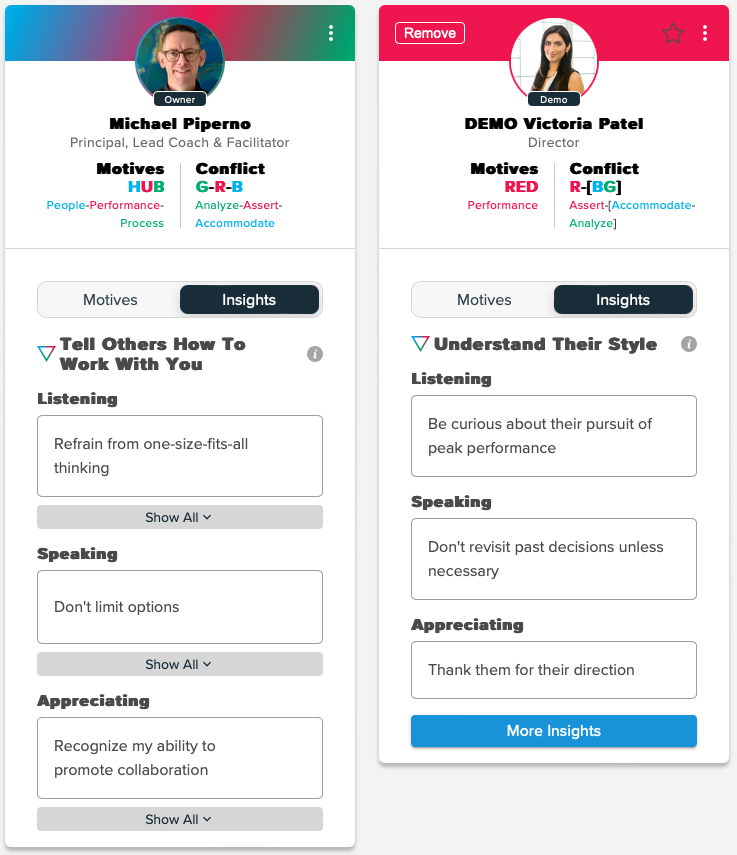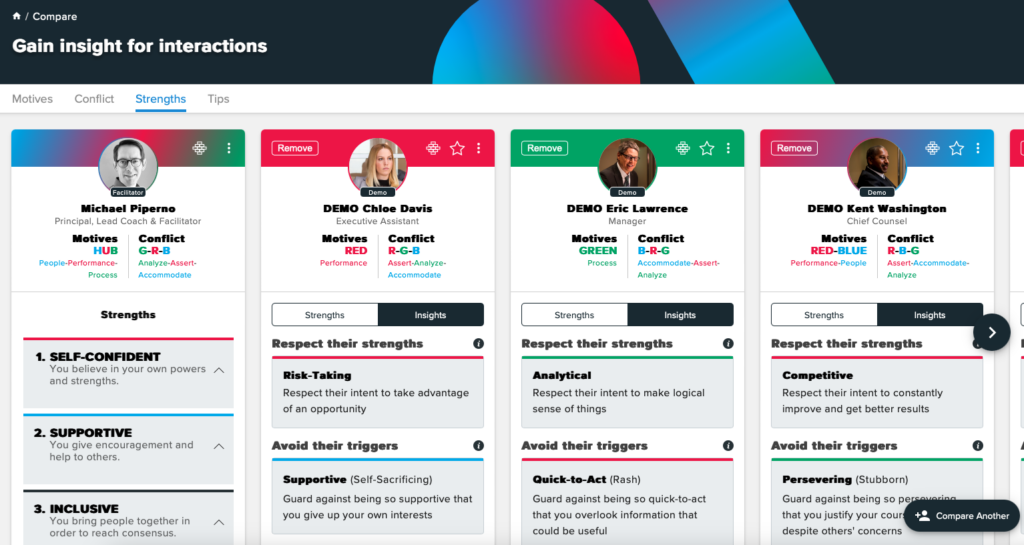Before I ran my own businesses, I would get a piece of feedback during some annual reviews that would annoy me — incredibly.
It came in different permeations, but always sounded something like this:
- “Michael, you sacrifice too much of yourself for people who don’t always deserve your support.”
- “Sometimes the team doesn’t need so much support from you. You need to learn when to let them sink or swim on their own.”
Okay, so listen. I’m a supportive person. I get it. It’s one of my top strengths, and frankly it’s a superpower for me in my work.
What’s the flip side of being supportive? Sometimes I can be seen as self-sacrificing.
The key words here are “seen as.” In other words, “perceived as….”
Ahh, we’re entering the realm of perceptions. And what comes with that?
The need to manage them.
In the past, I would disagree with the “you’re being too supportive” perception, but not address it with the person who saw me that way. So, that false perception would sit out there like a ding on my reputation.
Today, with the wisdom that comes with age and experience, I don’t let that happen (mostly).
Now, are there times where I am too supportive to the point of self-sacrificing? I won’t lie, it happens. But it doesn’t happen as much as others may think.
For example, the leader who is struggling with speaking clearly and with enough impact when rehearsing for a high stakes presentation — one who other people think will never be prepared enough to perform. They think we should give up and replace that person with someone else. What they don’t know is that I know exactly where that leader is in the process, and I know with a few more tactics and a little more time (and support), we’ll get there. And when we do, the person is going to knock it out of the park.
I know it, but some people can’t see it — yet.
A final note on this topic. There are times when, for whatever reason, I do need to stop supporting. Maybe there’s not enough time to prepare someone properly for a role or event. Perhaps the person doesn’t want the support. And yes, sometimes continuing to support someone who doesn’t want it or who is not improving will end up sacrificing the success of an entire program. Then, the support needs to stop.
My point, though, is this.
Don’t let other people make you feel like your leadership superpowers aren’t valid or powerful.
Consider the fact that those strengths might simply not be working for other people in the room at that specific moment. It’s their issue, not yours. But… and it’s a big but…
You still need to manage those perceptions.
Speak up about how you see it — give them the “why” behind your actions. Or pull back on your intensity with the superpower. Sometimes a small adjustment in how you use it can make all the difference.


